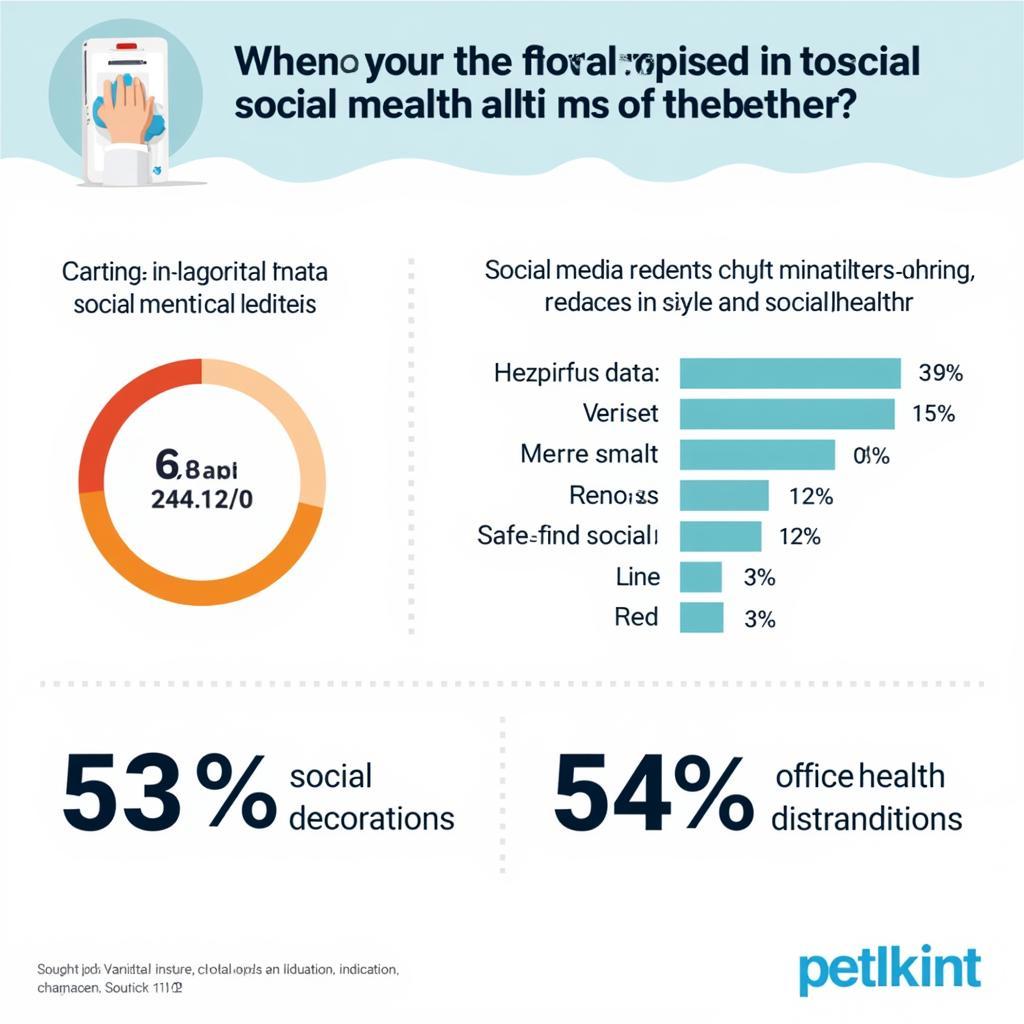Social media’s influence on teenage mental health has become an increasingly common topic in IELTS Writing Task 2. Based on recent exam reports and analysis of past papers, this theme has appeared multiple times in various forms since 2019. Let’s examine some authentic questions and provide detailed sample responses for different band scores.
Similar to What are the advantages and disadvantages of social media, this topic requires careful consideration of both positive and negative aspects. The most frequently appearing question format is:
Some people believe that social media platforms have a negative impact on teenagers’ mental health and well-being. To what extent do you agree or disagree with this statement?
Task Analysis
- Topic: Social media’s impact on teenage mental health
- Task type: Opinion essay (agree/disagree)
- Key points to cover:
- Mental health impacts
- Social media usage patterns
- Supporting evidence
- Potential solutions
Sample Essay 1 (Band 8.0)
In recent years, the correlation between social media usage and adolescent mental well-being has become a significant concern, similar to the broader issue of Causes of youth mental health issues?. I strongly agree that social networking platforms can negatively affect teenagers’ psychological health, though the impact varies depending on usage patterns and individual resilience.
The detrimental effects of social media on teenage mental health are manifold. Firstly, excessive use of these platforms often leads to comparison-based anxiety and depression, as teenagers constantly measure their lives against carefully curated online personas. For instance, studies have shown that Instagram users frequently report decreased self-esteem after viewing idealized images of their peers. Secondly, the addictive nature of social media can disrupt essential sleep patterns and academic performance, creating a cycle of stress and anxiety.
Moreover, the digital environment can expose teenagers to cyberbullying and online harassment, which can have devastating psychological consequences. Research indicates that victims of cyberbullying are three times more likely to develop mental health issues compared to their non-bullied peers. This phenomenon is particularly concerning as online harassment can occur 24/7, leaving victims with no safe haven.
However, it would be remiss to ignore the potential benefits of social media when used appropriately. These platforms can provide valuable support networks for isolated teenagers and facilitate positive connections with like-minded peers. The key lies in promoting responsible usage and digital literacy among young users, enabling them to navigate these spaces safely while maintaining their mental well-being.
In conclusion, while social media poses significant risks to teenage mental health, the solution lies not in complete avoidance but in developing better usage guidelines and support systems. Parents, educators, and platform developers must collaborate to create safer digital environments for adolescent users.

Sample Essay 2 (Band 6.5)
Social media has become very popular among teenagers, and many people think it is bad for their mental health. I agree with this opinion because social media can cause many problems for young people’s minds.
The main problem is that teenagers spend too much time on social media. They often look at their phones for many hours every day, which makes them feel sad and lonely. When they see their friends having fun or looking perfect in photos, they feel bad about themselves. This is similar to how effects of advertising on teenage self-esteem can make young people feel insecure.
Another big issue is cyberbullying. Many teenagers face mean comments and harassment online. This can make them feel very upset and scared. Sometimes they can’t sleep or don’t want to go to school because of online bullying. This is very dangerous for their mental health.
However, social media also has some good points. It helps teenagers talk to their friends and learn new things. But they need to be careful about how much time they spend online. Parents should help their children use social media in a good way.
In conclusion, I think social media does harm teenagers’ mental health, but we can make it better by teaching them how to use it properly. Schools and parents need to work together to protect teenagers from the bad effects of social media.
Analysis of Band Scores
Band 8.0 Essay Features:
- Sophisticated vocabulary: “correlation,” “manifold,” “curated”
- Complex sentence structures
- Clear progression of ideas
- Strong coherence and cohesion
- Relevant examples and evidence
- Academic tone throughout
Band 6.5 Essay Features:
- Simple but clear vocabulary
- Basic sentence structures
- Some repetition
- Limited use of cohesive devices
- Basic examples
- More personal tone
Key Vocabulary
- correlation (n) /ˌkɒrəˈleɪʃn/ – mutual relationship
- detrimental (adj) /ˌdetrɪˈmentl/ – harmful
- curated (adj) /kjʊəˈreɪtɪd/ – carefully selected
- manifold (adj) /ˈmænɪfəʊld/ – many and various
- cyberbullying (n) /ˈsaɪbəˌbʊliɪŋ/ – online harassment
- resilience (n) /rɪˈzɪliəns/ – ability to recover from difficulties
- devastating (adj) /ˈdevəsteɪtɪŋ/ – highly destructive
- remiss (adj) /rɪˈmɪs/ – negligent, careless
For further insights into addressing these issues at a broader level, you may want to explore Addressing mental health issues: how societies and governments can better handle them.
Feel free to practice writing your own essay on this topic and share it in the comments section below. Consider how changing social media patterns during the pandemic might affect your response to this question.